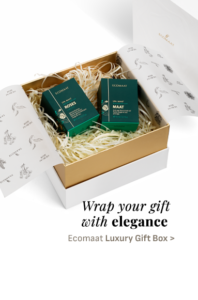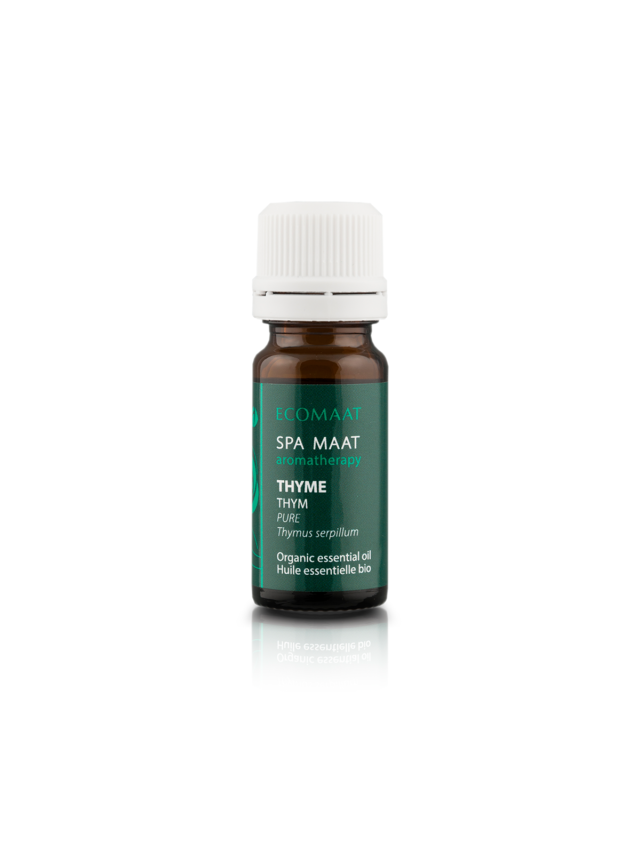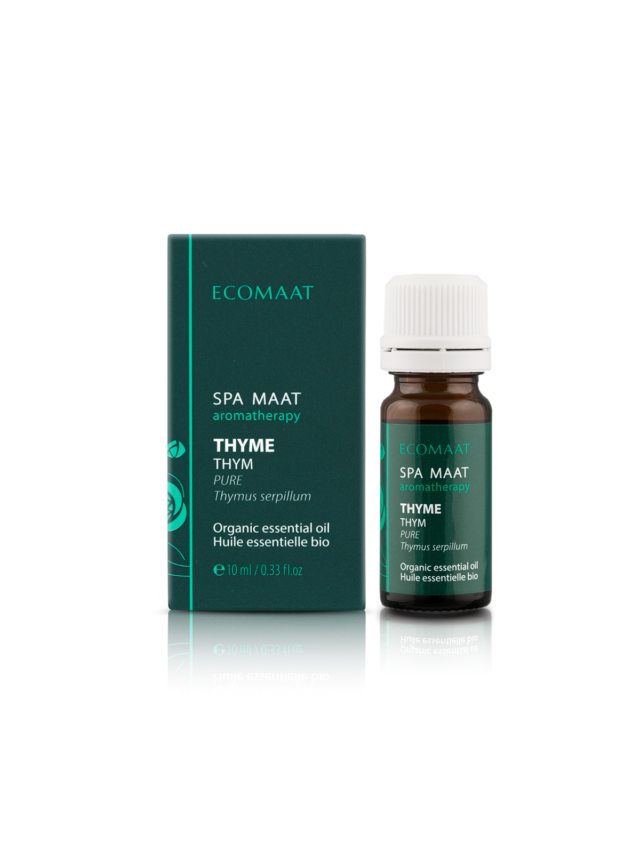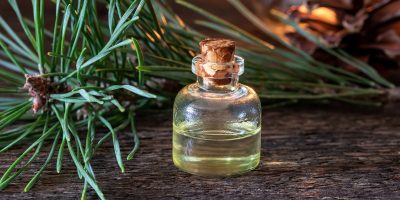- No products in the cart.
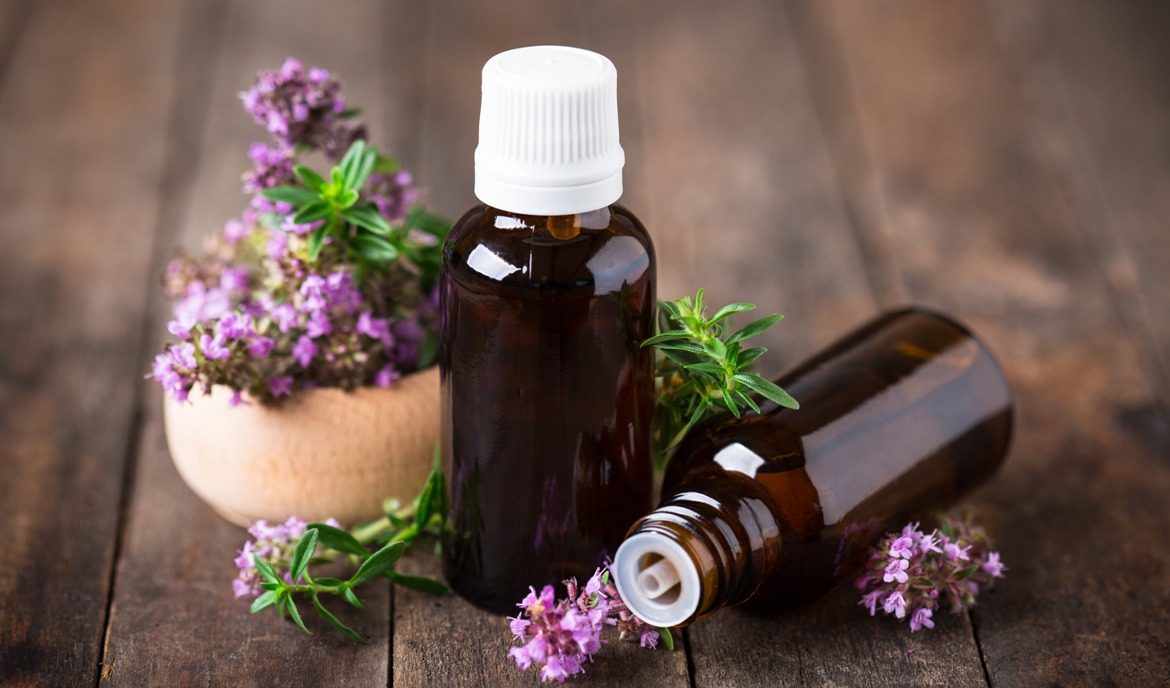
Thyme is a genus of about 350 species of aromatic perennial herbaceous plants and small shrubs, up to 40 cm tall, of the Ursnotaceae family, growing in Europe, North America, and Asia. Wild thyme is an important source of nectar for bees. The botanical name “thumu” means Greek aroma. Since ancient times it has been used as a universal medicinal herb as well as a culinary spice.
In the Greek sanctuaries, the herb was used instead of frankincense. The Egyptians used a bit of buttermilk in the process of embalming. In the olden days, the fighters wore thyme for food, and the women believed that a bouquet of thyme in the house protected them from illness.
We have selected some of the ways to incorporate Thyme essential oil into your aromatherapy.
How Thyme essential oil works
- General stimulating and tonic effect.
- Antiseptic and bactericidal action, which is strongly manifested at the level of the respiratory system – in respiratory problems, viral and flu infections, the urogenital system and the gastrointestinal tract.
- Stimulates appetite and secretion of gastric juice (carminative effect), improves digestion.
- Tones the nervous system, stimulates physical and mental activity, increases work capacity and concentration.
- Optimizes capillary blood circulation and is suitable for treating all skin types. Stimulates healing processes.
100% natural composition
It is obtained by steam distillation of flower stalks of wild thyme (Thymus Serpillum). It is 100% organic certified and meets the BDS ISO 16128-1:2018 standard.
Aromatic active ingredients such as Linelool, Terpeneol, Thymol, γ-Terpinene, Geranyl acetate have proven antiviral and anti-inflammatory properties. Thymol is a powerful antioxidant and together with carvacrol have a strong antiseptic and antibacterial effect.
Application
Aroma lamp/aroma diffuser: 5-6 drops per 15-20 sq.m. area, has a strong tonic effect, also use to purify the air in the room in case of viral and flu infections.
Aroma bath: 3-5 drops dissolved in 1 tbsp. honey, milk, or sea salt. It stimulates blood circulation and is suitable for tired, flabby, and sagging skin. Tones and revitalizes.
Massage/self-massage: 5 drops per 10 ml. base oil, for muscle pains and cramps, due to a cold or muscle strain. It has a warming effect and helps with joint pain, rheumatism, gout, muscle pain.
Compresses: 5-10 drops per 1l. hot / cold water.
Contraindications: we do not recommend the use of thyme essential oil during pregnancy, with high blood pressure, epilepsy, with very sensitive skin and for children under 6 years of age!
Aroma massages
The aroma of thyme is warm, spicy, grassy, rich. Thyme oil combines well with other essential oils, such as: lavender, rosemary, pine. It also goes well with citrus aromas – grapefruit, lemon.
See also the article Essential essential oils from Bulgarian herbs> in the flu season to find out which other herbs, besides thyme, are particularly effective for viral infections.
In case you have any questions about the products and how to use them – we will be happy to answer at hello@ecomaat.eu or on our FB page.
